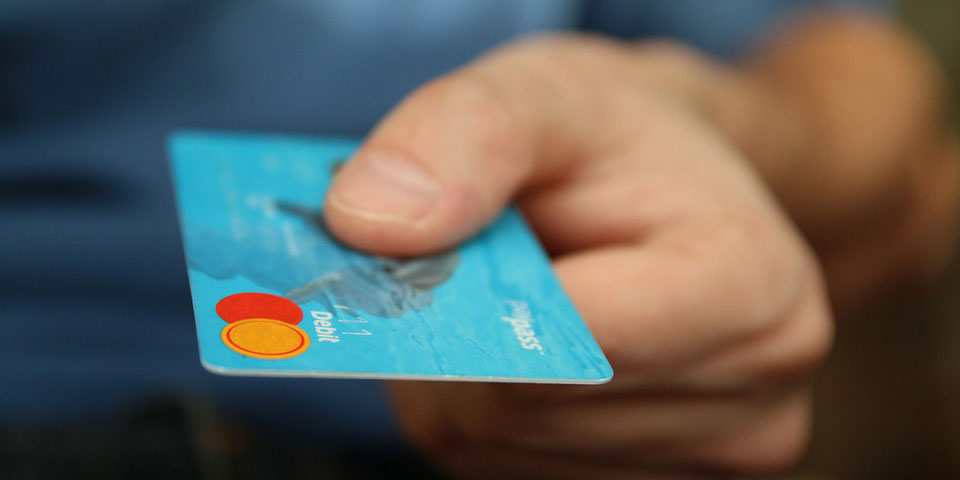College Students are Overestimating How Much They’ll Make After Graduation
Many companies are finding that students right out of college are overestimating how much money they’ll be making. They assume that because they have a degree, they’ll be ushered to the front of the line for better work. That’s not often how life works. Starting from the bottom, one has to work their way up to higher wages.
But college students often come in with some unrealistic expectations. This information comes from an online polling software called Pollfish that surveyed 1,000 undergraduates about what they expected to be making once they graduate. The results of the poll were interesting, as it showed how much expectations don’t meet with reality.
“In particular, we labeled business students as the most ‘delusional majors’ because they overestimate how much they’ll be making out of college by $14,585 and how much they’ll make 10 years into their career by $47,070,” Tommy O’Shaughnessy, head of research at Clever Real Estate Analyst and the author of the report.
“It seems the next generation of college graduates might be in for a rude awakening … the average college student has seriously unrealistic expectations for both their early and mid-career salaries.”
By the Numbers
The average student believes their bachelor’s degree right out of college is worth $57,964 in their first year. Sadly, that doesn’t line up with what really happens. The average median salary of someone with a bachelor’s degree hovers around $11,000 lower per year. That’s a massive overestimation! One can expect to make around $47,000 per year throughout their first five years.
O’Shaughnessy continued to state that there’s a true ‘lack of information’ that has led graduates to overinflate their starting salaries. Some of it has to do with a feeling of superiority as well. College grads put 4 years of work into their degree and expect a rolling out of the red carpet and a hefty salary to pull them in.
“While college graduates [who] get further along in their education… learn more about different job opportunities and can start to estimate how much they’ll earn, … there’s a phenomenon known as ‘illusory superiority,’ which is the tendency for people to overestimate their qualities and abilities,” O’Shaughnessy added. “I think we’re seeing that tendency come through in this study.”
Student Loan Debt Part of It
While a lot of the problem stems from a lack of information and illusory superiority, there’s still a massive chunk of this to blame on student loan debt. Most college students leave school tens of thousands of dollars in debt. They only have a six-month grace period before their payments start to kick in, whether they’re ready for it or not.
As college tuition rises, so does student loan debt. When one graduates with so much debt, they expect to find a job that will make racking up all that debt worth it. The problem is, a college degree is a long-term investment. You might see greater opportunities because you have a degree, but it takes time to find the right career.
You also have to put a bit more experience behind you. The more experienced you are, the better opportunity you have to ask for higher sums of money. You’ll get raises over the course of your time working at a company. So, while a college degree might not seem as if it’s worth it at first, stick with it. Its value will grow over time.



